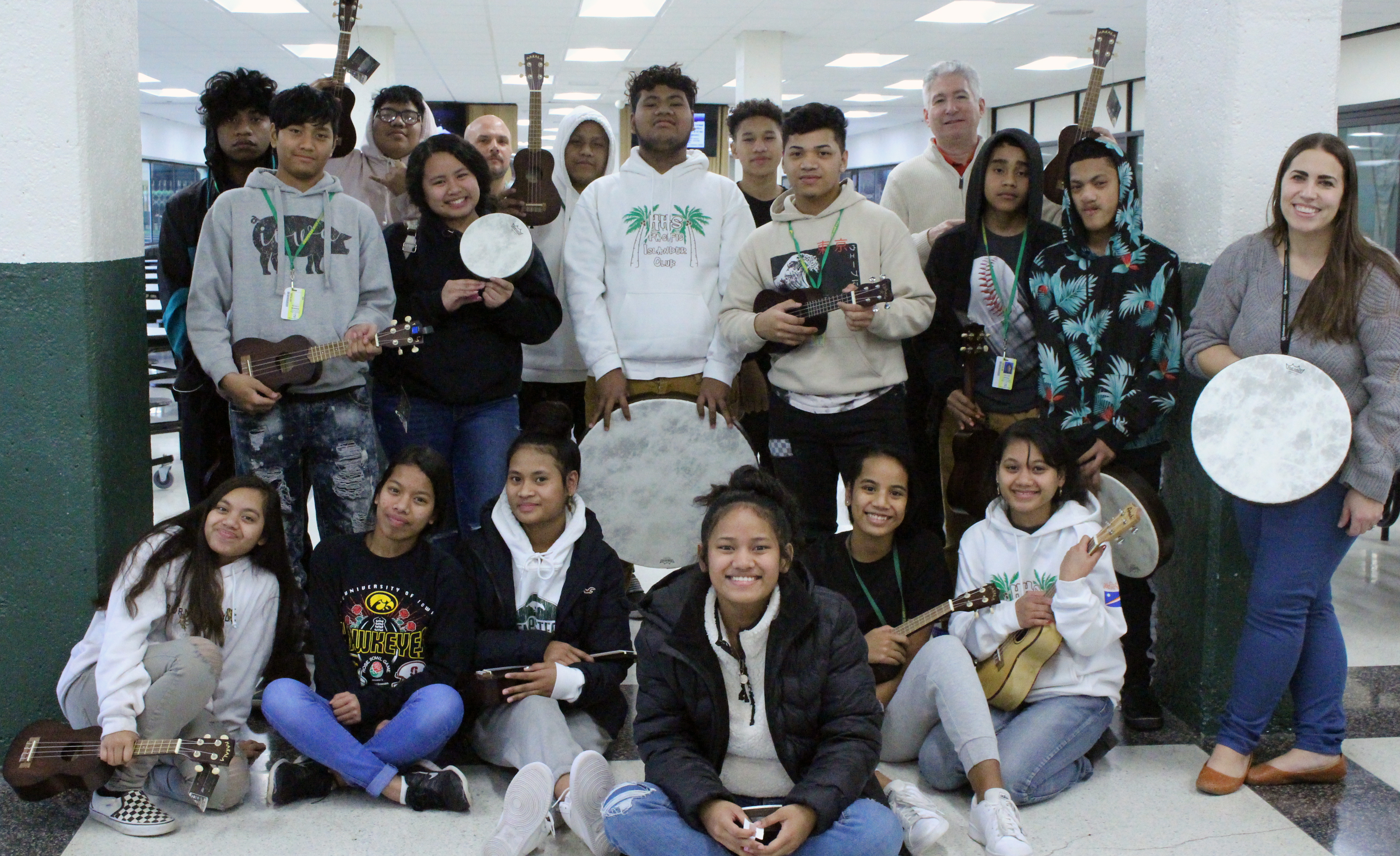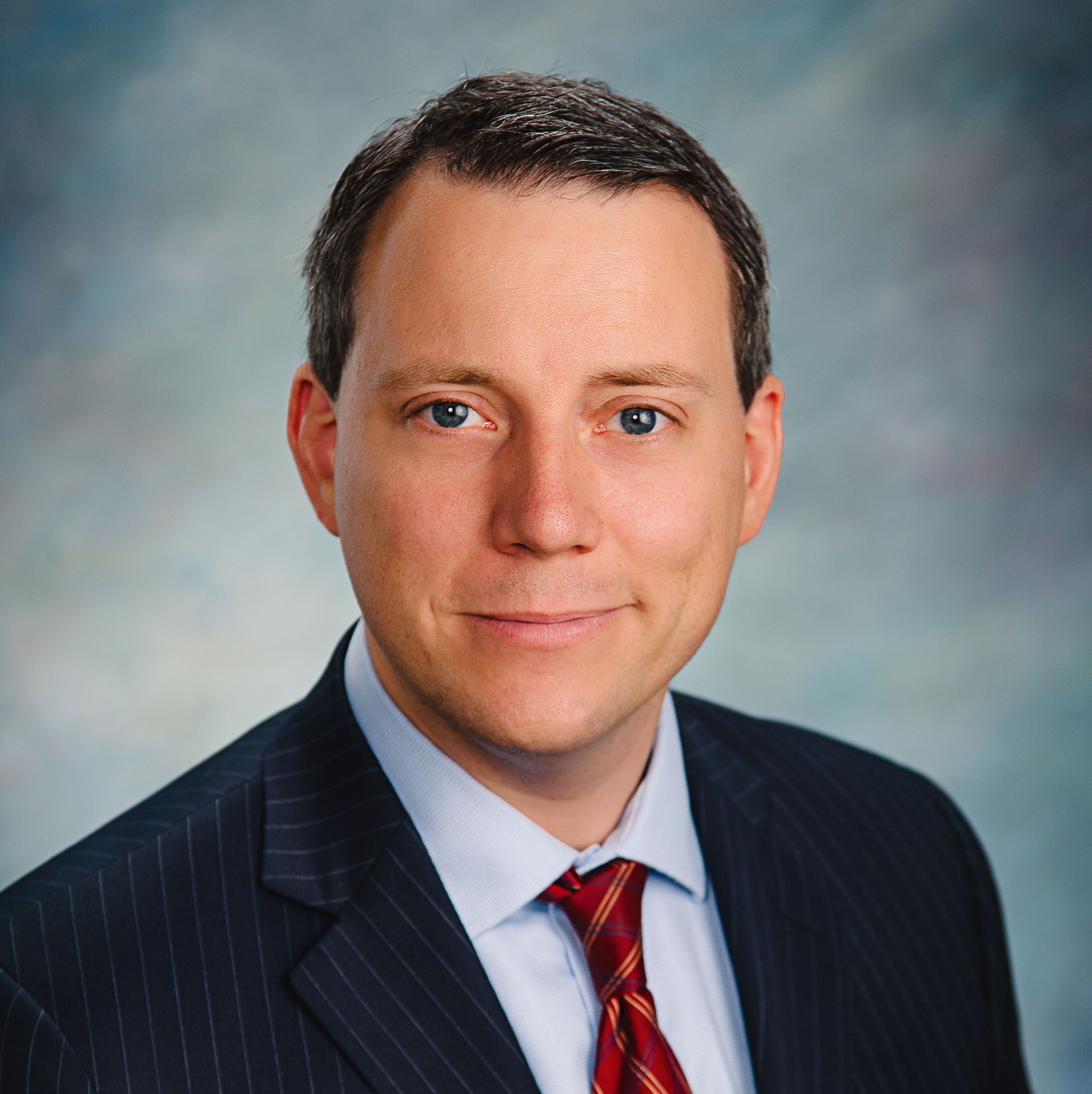This community assessment would not have been possible without the financial support and dedicated leadership of the Dubuque Religious Sisters Collaborative, which is composed of representatives from the Dominican Sisters of Sinsinawa, the Sisters of Charity of the Blessed Virgin Mary, the Sisters of the Presentation of the Blessed Virgin Mary, the Sisters of St. Francis, and the Sisters of the Visitation. The support and leadership of Dubuque’s women religious enabled this research to take place and continue to inspire our community to come together to create a more welcoming and inclusive region.
This community assessment was also made possible by the support of the Greater Dubuque Development Corporation and Northeast Iowa Community College. These two organizations enabled this research through their support and leadership and worked as committed partners over the past three years to serve our region’s immigrant families.
We would like to thank the City of Dubuque for its generous funding of Project HOPE and Inclusive Dubuque as well as Connecting Communities in the Americas for its grant to provide additional research on mapping social networks of local immigrant communities.
This research was directed and overseen by the Immigration Community Assessment Steering Committee. In addition to their oversight, the Steering Committee also took the opportunity to drive important local efforts to support immigrant populations, utilizing their knowledge and resources to collaboratively make a difference for local populations. In appreciation of their work and leadership, the individuals who served on the Steering Committee are recognized below.
Immigration Community Assessment Steering Committee
Gisella Aitken-Shadle, Northeast Iowa Community College and City of Dubuque Office of Equity & Human Rights
Fr. Tom Ascheman, Divine Word College
Alex Baum, Community Foundation of Greater Dubuque
Catherine Caitlin, Tri-State VIATS
Sr. Judy Callahan, Sisters of Charity of the Blessed Virgin Mary
Mark Dalsing, City of Dubuque Police Department
Kristin Dietzel, Greater Dubuque Development Corporation
Shawna Domeyer, Crescent Community Health Center
Paul Duster, Community Foundation of Greater Dubuque
Collins Eboh, City of Dubuque Office of Equity & Human Rights
Ryan Feller, City of Dubuque Housing & Community Development Department
Sr. Kathleen Grace, Sisters of St. Francis
Nicolas Hockenberry, Greater Dubuque Development Corporation
Shirley Horstman, Dubuque Community School District
Jaquelin Hunter, Multicultural Family Center
Joe Kennedy, Dubuque County Sheriff’s Department
Coni LaBarbera, Sinsinawa Dominicans
Kelly Larson, City of Dubuque Office of Equity & Human Rights
Dr. Liang Chee Wee, Northeast Iowa Community College
Clara Lopez Ortiz, Community Foundation of Greater Dubuque
Dr. Neil MacNaughton, University of Dubuque
Sr. Rita Menart, Sisters of the Presentation of the Blessed Virgin Mary
Ry Meyer, Catholic Charities
Yazmin Miranda, Crescent Community Health Center
Ann Morris, Crescent Community Health Center
Sergio Perez, Loras College
Sarah Petersen, Multicultural Family Center
Art Roche, Pacific Islander Health Project
Megan Ruiz, Presentation Lantern Center
Suzie Stroud, Crescent Community Health Center
Taj Suleyman, Dubuque Community School District
We are deeply grateful to all the local partners, advocates, businesses, and residents who participated in this assessment, providing valuable information and connections. These individuals and organizations continue to drive the daily work in our region that creates real change in the lives of our immigrant families.
We would like to thank all the organizations throughout Iowa and across the country who have been valuable sources of information. Their work serves as an inspiration for the efforts in our region and the recommendations of this research.
Thank you to the Community Foundation’s Board of Directors, whose leadership and guidance has made this assessment possible.
Most of all we want to thank the members of immigrant communities who have been so gracious with their time and effort. Throughout this research we have been humbled by the kindness, generosity, and leadership of these individuals and families. It is their input and priorities that lie at the center of this research. But beyond that, it is witnessing their tireless and selfless dedication to serving their communities and our larger region that has shaped our belief about the future we can achieve. We hope this assessment plays some part in capturing their vision for our region and providing support to their goals and ongoing efforts.

